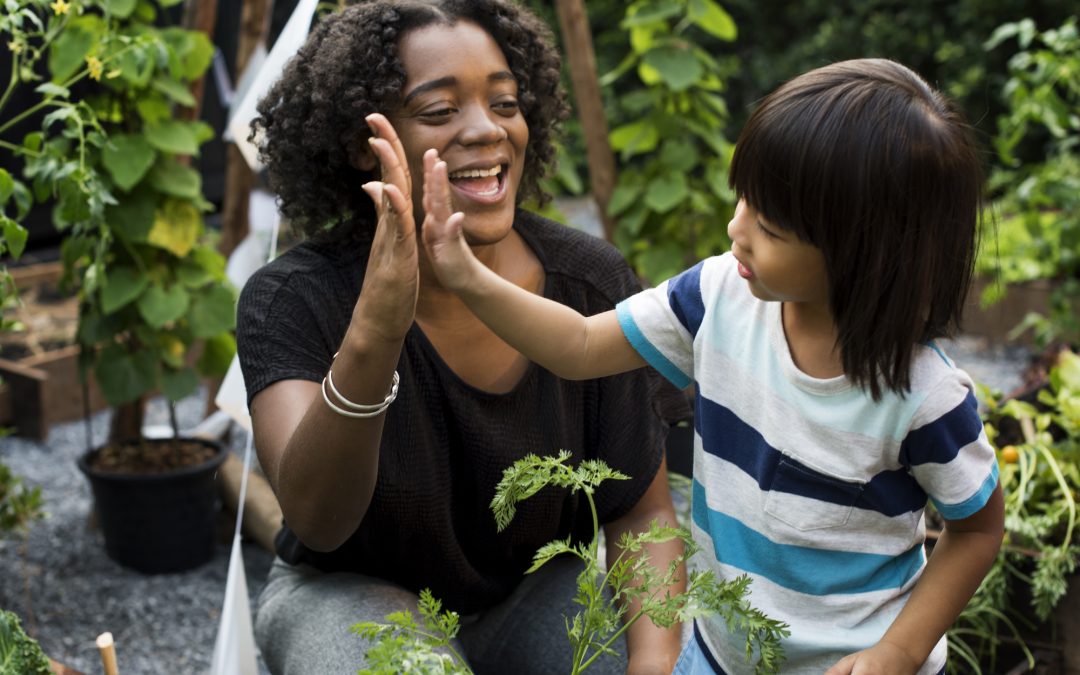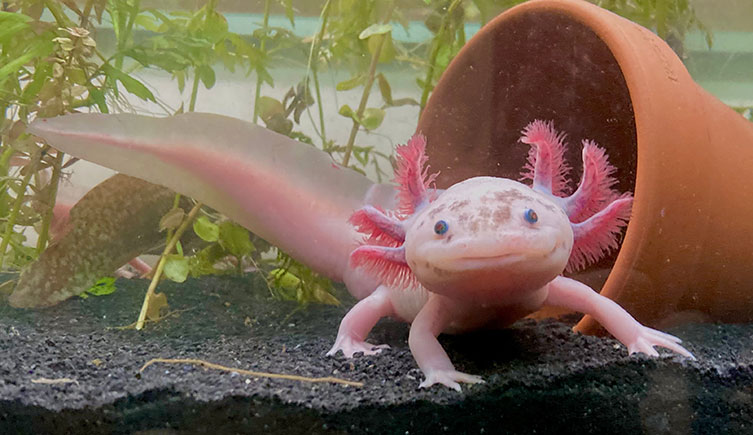Zoomacademia.com – Love is one of the most profound emotions we experience, yet it can be complex and elusive. It can sweep us off our feet unexpectedly, binding us to someone in ways we can’t always explain. But what makes people fall in love? Is it chemistry, fate, biology, or something more? The answer is a blend of science, psychology, and a touch of magic.
Here’s a closer look at the different factors that cause people to fall in love:
1. Biological Chemistry: The Power of Hormones
At the heart of romantic love is biology. When we fall in love, our brains release a potent cocktail of chemicals and hormones that create the euphoric feelings we associate with love.
- Dopamine: Often called the “feel-good hormone,” dopamine is released when we feel pleasure, and it’s heavily involved when people fall in love. It creates a sense of reward and happiness, similar to the feeling one gets after eating their favorite food or achieving a personal goal.
- Oxytocin: Known as the “love hormone,” oxytocin plays a critical role in bonding and forming emotional connections. It’s released during physical touch, such as hugging, kissing, or intimate moments, creating a deeper sense of attachment.
- Serotonin: This hormone is responsible for mood regulation, and when people fall in love, serotonin levels can fluctuate, leading to the obsessive, euphoric thoughts about a partner that are often common in the early stages of love.
Together, these chemicals create a strong emotional and physical attraction that makes people feel excited, happy, and deeply connected to someone else.
2. Psychological Factors: Attraction and Compatibility
While biology plays a role, psychological factors also contribute to falling in love. People are often drawn to others based on personality traits, shared values, and emotional needs. Psychologists believe that certain psychological theories explain why we are attracted to certain people.
- Similarity Attraction: The idea that “like attracts like” is a powerful force in love. People tend to be attracted to those who share similar interests, values, and backgrounds. This creates a sense of familiarity and comfort, making it easier to build a connection.
- Reciprocity: We are more likely to fall for someone who shows interest in us. When we feel that someone genuinely likes us, it boosts our confidence and creates a positive feedback loop, making us more open to falling in love with them.
- Attachment Theory: Our early relationships with caregivers can influence how we form romantic attachments as adults. People with secure attachment styles tend to have healthier, long-lasting relationships, while those with insecure attachments may struggle with intimacy but can also fall deeply in love as they seek emotional security.
3. Physical Attraction: The Role of Appearance and Chemistry
Physical attraction is often one of the first sparks of love. While it isn’t everything, there’s no denying that physical appearance plays a role in the initial stages of falling in love. However, it’s not just about looks but the chemistry between two people.
- Symmetry: Research shows that people are often attracted to symmetrical faces, as symmetry is often associated with good health and genetics. This can play a subconscious role in attraction.
- Body Language: Non-verbal communication, such as eye contact, touch, and posture, can greatly impact attraction. A smile, the way someone carries themselves, or the warmth in their gestures can deepen attraction and connection.
- Pheromones: Some studies suggest that people may be subconsciously attracted to others based on pheromones, chemicals that our bodies naturally release, which can play a role in sexual attraction and compatibility.
4. Emotional Bonding: The Magic of Connection
Beyond biology and attraction, deep emotional bonds form the foundation of love. Love often grows through shared experiences, vulnerabilities, and emotional intimacy.
- Shared Experiences: Doing things together, from mundane daily tasks to adventures and challenges, strengthens the bond between two people. Shared experiences create memories and a sense of partnership, laying the groundwork for a lasting relationship.
- Vulnerability: Letting someone into your inner world and being emotionally open builds trust. Being vulnerable with another person creates a deep connection, allowing both individuals to feel seen, understood, and valued.
- Empathy and Support: When someone feels emotionally supported by their partner, it fosters trust and security, essential components of love. Mutual empathy creates a safe space where both partners can express their needs and feelings freely.
5. Timing and Circumstance: The Role of Serendipity
Sometimes, falling in love comes down to timing and circumstance. Meeting the right person at the right time can make all the difference.
- Life Stages: People are more likely to fall in love when they are at a point in their life where they’re open to a relationship. Timing, maturity, and personal readiness can all influence the likelihood of falling in love.
- Proximity and Availability: The chances of falling in love increase when you spend more time around someone. Being in close physical or social proximity (like work, school, or mutual friends) allows for more opportunities to connect emotionally.
- Shared Goals and Timing: Falling in love often happens when two people share similar goals and timelines for life, such as starting a family, pursuing a career, or settling down. Having these aligned visions can foster a deeper connection.
6. The Unexplainable Magic of Love
Despite all the scientific and psychological explanations, there is something inexplicable and magical about falling in love. Love often feels beyond control, surprising us with its intensity and power. The sense of connection, the joy of discovering someone who understands you deeply, and the emotional highs that love brings are things that science can explain only to a certain extent. The magic of love lies in its unpredictability and the way it transforms our lives.
Final Thoughts
Falling in love is a complex process that involves a mix of biology, psychology, chemistry, and circumstance. It’s driven by hormones that spark attraction, emotional connections that deepen over time, and the unique magic that makes each love story special. Though we may understand parts of the process, the experience of falling in love remains one of life’s greatest mysteries and joys—a feeling that transcends logic and speaks directly to the heart.







